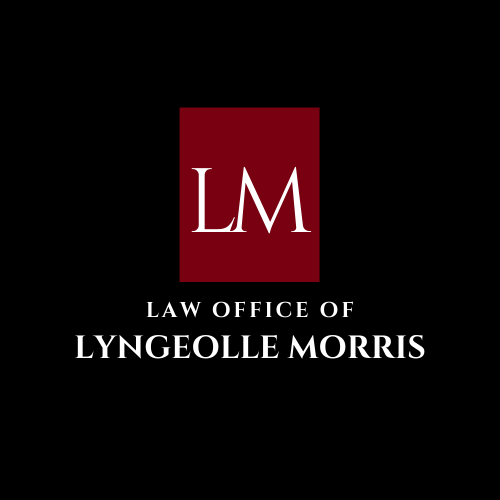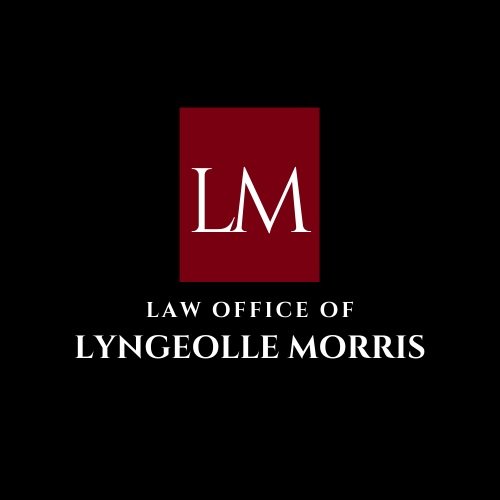How an Estate Is Settled If There Is No Will: Intestate Succession in Barbados
Intestate Succession
A person who dies without leaving a Last Will and Testament is known as having died ‘intestate’. In these circumstances, the deceased person’s estate would pass under the intestate succession rules. These rules are clearly outlined under the Barbados Succession Act, Cap. 249 which provides for who would benefit under the estate and how the estate would be distributed accordingly.
If a person makes a Will but it is not legally valid, then the rules of intestacy would also apply.
The rules of intestacy also apply where any remaining assets are not provided for under a deceased person’s Will. For instance, if Chris died leaving a Will but only made provisions under his Will for his real estate in St. Philip, but not his real estate in St. Michael, then the property in St. Michael would be distributed under the rules of intestacy.
In this article, we will discuss some scenarios of how a deceased person’s estate would be distributed under the rules of intestacy, the types of property that can be distributed without a Will and some of the risks associated with not making a Will.
What are the Intestacy Rules in Barbados?
In Barbados, once the deceased’s person’s expenses, debts and liabilities have been paid, his or her estate will be distributed based on who he or she has left behind. Distribution of one’s estate therefore depends on a priority system that exists based on the deceased person’s relationship to the surviving relative(s). Below, we outline a number of scenarios to explain the distribution of the shares to the estate.
According to the Barbados Succession Act, if you die intestate, your property will be distributed as follows:
1) If you have a spouse, but no children:
Your spouse inherits your entire estate. Your spouse includes either a person who you are legally married to or your common law spouse. For a common law union, a surviving spouse must have been continuously living together with the deceased for no less than five years immediately preceding his or her death.
2) If you have a spouse and one child:
Your spouse is entitled to two-thirds of the estate and the remainder goes to the child.
3) If you have a spouse and children:
Your spouse is entitled to one-third of the estate and the remainder goes to the children in equal shares.
4) If you have no spouse nor issue, the next persons in line to inherit your estate would be your mother and father. If they are both alive after your death, your estate would be distributed in equal shares to them. If only one parent is alive, the surviving parent inherits the whole estate.
5) In the case where you have no spouse, children or parents, your estate would be distributed between your brothers and sisters in equal shares. Where any brother or sister dies before you, their surviving children would benefit from his or her share.
6) If you have no brothers or sisters your nieces or nephews would benefit in equal shares from your estate.
7) If you have no spouse, children, parents, brothers or sisters, nieces or nephews, all other next-of-kin would inherit your estate in equal shares. According to the Barbados Succession Act, ‘next-of-kin’ is defined as the person who, at the date of the death of the intestate, stands nearest in blood relationship to the deceased.
8) If you have no next-of-kin at the date of your death, your estate goes to the Barbadian government. This is known as “bona vacantia”.
As you can see from the above, your estate would therefore be distributed according to the legal default position if you die without leaving a Will.
Types of property that will be passed automatically to a co-owner or beneficiary without a Will
There are certain types of property that will pass automatically to an individual or individuals without a Will. Some examples are as follows:
Property owned as joint tenants – In this case, upon the death of one of the joint tenants, property goes to the surviving joint tenant or joint tenants.
Life insurance policies which have a designated beneficiary – Where a policy specifies the name of a beneficiary or beneficiaries, then he/she will be so entitled to the benefit of the policy once the policyholder passes away.
Retirement accounts with a designated beneficiary – Where a retirement account outlines the beneficiary, then that person will receive the benefits of the account
Dying Intestate with Minor Children
If you pass away without making a Will or a deed indicating your preferred guardianship designations, then guardianship may be automatically vested in the surviving parent.
Alternatively, a relative or family friend may informally step in to assume the role of guardian, or the Court may appoint a guardian taking into account what would be in the best interest of the child.
In those instances where the minor has no surviving parents and no other proposed care arrangements, then formal foster care or institutional care arrangements may be put in place as authorised by the Barbados government.
It is therefore important that you consider putting arrangements in place if you are a parent of a minor child regarding the custody, maintenance and upbringing of your offspring in the event of your death.
Why not making a Will may leave your loved ones at risk
In the case where a deceased does not make a Will or where his or her Will does not make provisions for certain assets which he or she owned at the date of his or her death, the estate of a deceased person will pass according to the intestacy rules as outlined under the Barbados Succession Act.
In some instances, the manner in which your property will be distributed under the rules of intestacy may not be in keeping with your preferred wishes.
Take for instance, Mary has not made a Will and she owns real estate as at the date of her death. Mary has two surviving siblings but one of those siblings was estranged and she has no relationship with that sibling. It would have been Mary’s preference to transfer her real estate to only one of those siblings and not both. Unfortunately, the law would dictate that her estate is to be transferred according to the rules of intestacy and not according to her own personal wishes.
By not making a Will, you would have lost your opportunity to put legal planning in place to transfer your property or make decisions in the way that you would wish and not based on the default rules described above.
The advantage of putting a Will in place is that you get to clearly define how you would want to pass on your assets as well as who will be responsible for managing your affairs upon your death.
Final Note
While discussions about getting your Will in place may be a sensitive topic for some, it is important that you begin to consider whether you will truly feel comfortable if your estate is distributed by legal default. In some cases, you may be comfortable with the default position and in other instances you may not, given the family dynamics that hold true for you and the unique wishes that you have.
Knowing that you have peace of mind about how your estate will be passed on will empower you to take the necessary steps to protect your interests, your assets and your loved ones when the time comes.
Questions?
To learn more about how you can finalise the settling of your love one’s estate, you should consult with an attorney who can help guide you through the process every step of the way.
If you are looking for more information about how your loved one’s estate would be settled if he or she has died without leaving a will, along with the process involved, you can check out this article:
‘Dealing With The Affairs of a Loved One Who Has Died Without A Will’
If you would like to learn more about how our office can assist you with putting planning in place to protect your loved ones, you can book a call by clicking here or contact us with any questions you may have by clicking here.
We look forward to learning more about your needs at this time.


